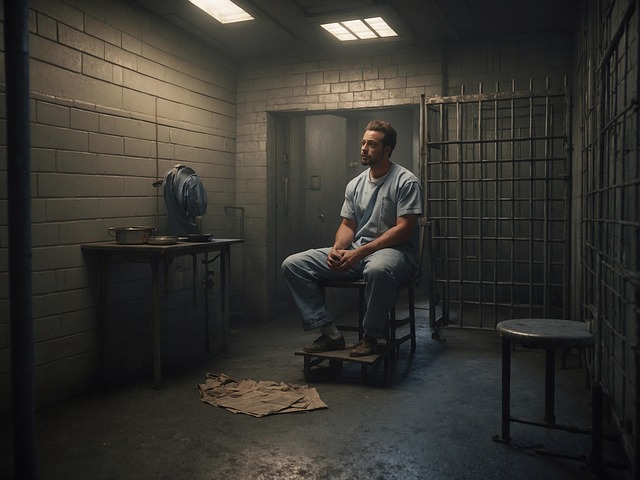Cycling injury compensation seeks justice for harmed cyclists through two main paths: settlement agreements facilitated by attorneys for a quicker, amicable resolution or court verdicts after legal battles. Both aim to cover medical expenses, lost wages, pain and suffering, and related costs. Negotiations offer a swift, cost-effective alternative to litigation, while court verdicts, with help from truck accident lawyers or auto accident attorneys, can result in substantial financial awards for proven liability.
Cycling is a popular mode of transport and recreational activity, but it’s not immune to accidents. When injuries occur, understanding your legal options for cycling injury compensation is crucial. This article explores two primary paths to justice: settlement negotiations for a faster, mutually beneficial resolution, versus the traditional court verdict process with its potential outcomes. By considering these options, cyclists can navigate their rights effectively.
- Understanding Cycling Injury Compensation: An Overview of Legal Options
- Settlement Negotiations: A Faster, Mutually Beneficial Path to Justice
- Court Verdict: The Traditional Route and Its Potential Outcomes
Understanding Cycling Injury Compensation: An Overview of Legal Options

When it comes to cycling injuries, understanding your legal options for compensation is crucial. Cycling injury compensation aims to provide relief and justice to cyclists who have suffered harm due to another party’s negligence or intentional actions. This can be pursued through various avenues, including settlement agreements and court verdicts.
A settlement agreement is often a quicker and more amicable resolution where the cyclist and the responsible party, such as a driver involved in a car accident with a cyclist, negotiate terms for compensation outside of court. A personal injury attorney can facilitate this process, ensuring the cyclist receives fair and adequate reimbursement for medical expenses, lost wages, pain and suffering, and other related costs. In contrast, a court verdict involves a more formal and potentially lengthy legal battle, where a judge or jury determines liability and awards damages based on the evidence presented by both parties, represented by their respective car accident lawyers.
Settlement Negotiations: A Faster, Mutually Beneficial Path to Justice

When it comes to seeking justice for a cycling injury, settlement negotiations often present a faster and more mutually beneficial path compared to going through a lengthy court process. In the realm of cycling injury compensation, both parties—the victim and the responsible entity (such as an insurance company or truck accident lawyer)—can avoid the time-consuming and costly aspects of litigation by engaging in good-faith discussions. This approach allows for a more efficient resolution, focusing on the client’s recovery rather than legal battles.
By initiating settlement negotiations, victims can potentially achieve fair compensation for their injuries faster. A skilled truck accident lawyer can facilitate these talks, ensuring that the victim’s interests are well represented. This process involves presenting compelling evidence and arguing for a just settlement amount. As a result, both sides may find themselves in a position to move forward with their lives, leaving behind the stress of contract disputes and legal procedures.
Court Verdict: The Traditional Route and Its Potential Outcomes

When pursuing cycling injury compensation, one of the primary paths is through a court verdict. This traditional route involves a detailed legal process where an injured cyclist or their personal injury attorney presents evidence to a judge and jury. Potential outcomes include substantial financial awards if liability is proven. The decision can cover medical expenses, loss of earnings, and pain and suffering damages, offering a measure of justice and recourse for victims.
In such cases, a truck accident lawyer or auto accident attorney may be instrumental in navigating the legal complexities. They build a strong case by gathering evidence, interviewing witnesses, and employing their expertise to challenge or support arguments presented, ultimately aiming to secure the best possible verdict for their client.
When considering cycling injury compensation, the choice between settlement negotiations and a court verdict depends on various factors. While settlements offer a faster, mutually beneficial resolution, court verdicts provide a comprehensive legal outcome. Both paths have their merits, but understanding the potential outcomes is key to making an informed decision. In the end, selecting the most suitable approach ensures that cyclists receive fair compensation for their injuries while adhering to the legal framework surrounding cycling injury compensation.






